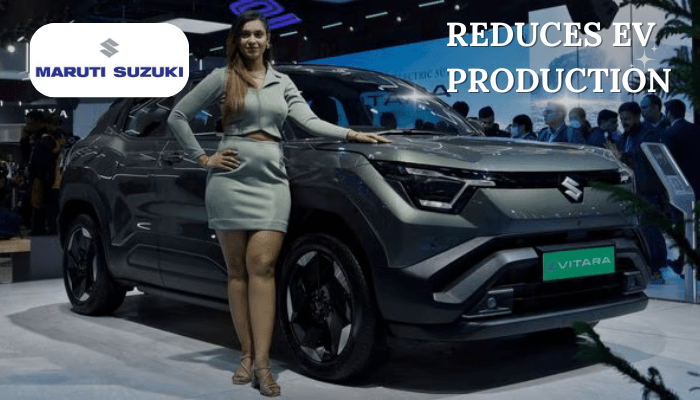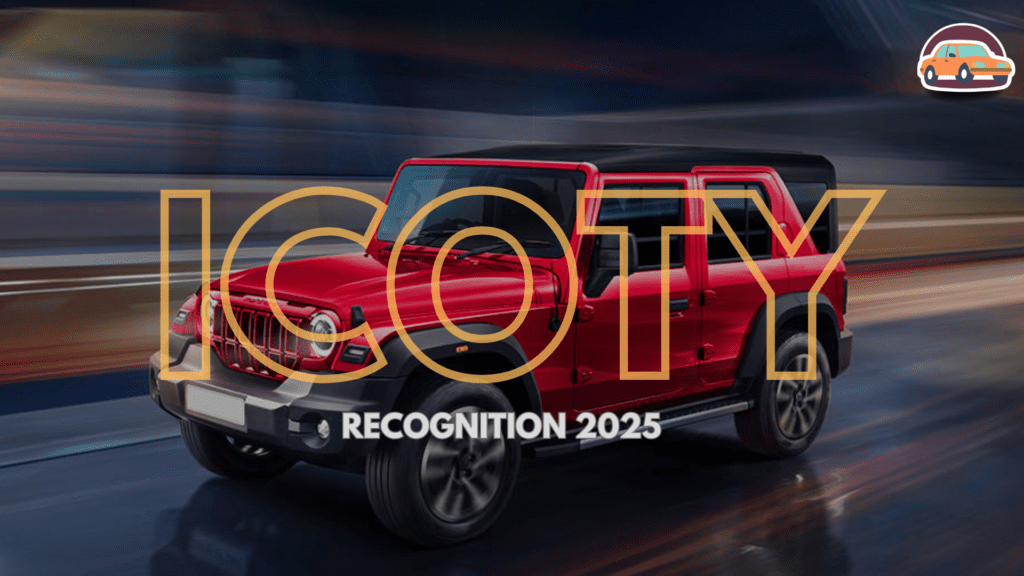India’s biggest carmaker, Maruti Suzuki, has decided to cut back on the production of its upcoming electric vehicle (EV) — the e-Vitara. This decision has been made due to the shortage of rare earth materials, which China mainly supplies. These materials are crucial for manufacturing electric vehicle (EV) motors and batteries. This shortage is affecting many global car companies, and now Maruti Suzuki is also feeling the impact.

What Are Rare Earth Materials?
Rare earth elements are a group of metals that are used in many modern technologies, especially in electric vehicles, mobile phones, wind turbines, and more. In EVs, they are needed for making permanent magnets used in motors, as well as for batteries.
Although these elements are not exactly “rare,” they are difficult and expensive to extract. Right now, China controls a large part of the global rare earth supply, and many countries — including India — depend on it.
Why Did Maruti Suzuki Reduce Production?
According to reports, Maruti Suzuki was planning to produce around 26,000 units of its new electric SUV, e-Vitara, between April and September 2025. However, due to the limited availability of rare earth materials, the company has now reduced its target to just 8,200 units during the same period.
This is a big drop and shows how supply chain problems can affect car production. Maruti Suzuki has not said whether this will delay the launch of the e-Vitara, but some impact will likely be seen in the rollout.
Global Impact of China’s Export Limits
In early 2025, China introduced stricter rules on exporting rare earth materials, especially those used in electric motors. This move has affected many carmakers around the world. Companies in Europe, the US, Japan, and now India are all looking for new ways to get these materials or develop alternative technologies that don’t need rare earths.
For India, which is trying to increase EV production and reduce its dependence on imported oil, this is a major challenge. The Indian government has already announced schemes like FAME (Faster Adoption and Manufacturing of Hybrid and Electric Vehicles) to support electric mobility. But such supply issues can slow down this progress.
Maruti Suzuki’s EV Journey
Maruti Suzuki is a late player in the electric vehicle market. While companies like Tata Motors, Mahindra, and MG Motor have already launched EVs, Maruti is still preparing its first full electric vehicle. The e-Vitara is expected to be a compact SUV, designed for Indian conditions and aimed at buyers looking for affordable electric cars.
The company had earlier said that it would launch the e-Vitara by 2025, with a focus on both the Indian market and exports. However, the latest cut in production targets may affect those plans.
What Happens Next?
The Indian government is aware of the rare earth shortage issue and is trying to build local supply chains for EV components. Talks are also happening between India and China to ensure that supply remains steady. In the long run, carmakers like Maruti may invest in new technologies or local sourcing to avoid such problems.
This situation also shows the importance of having diverse and stable supply chains, especially when the world is moving towards electric mobility. As the demand for EVs grows, companies will need to plan carefully to avoid disruptions.
Final Thoughts
Maruti Suzuki’s decision to lower its EV production is a reminder that electric vehicles are not just about innovation and demand — they also depend heavily on the global supply of critical materials. Until India finds a way to source or produce rare earth elements locally, EV growth could face challenges.
Despite this setback, Maruti Suzuki is expected to continue working towards its EV goals, and many experts believe the company will still play a major role in India’s electric future.
Raja Yadav, the content writer at My Car Wisdom, brings a unique voice and style to our blog. With a knack for storytelling and a keen eye for detail, Raja ensures that every piece of content is informative, engaging, and easy to understand. His focus is on delivering high-quality articles that cater to both novice car owners and seasoned automotive enthusiasts.




